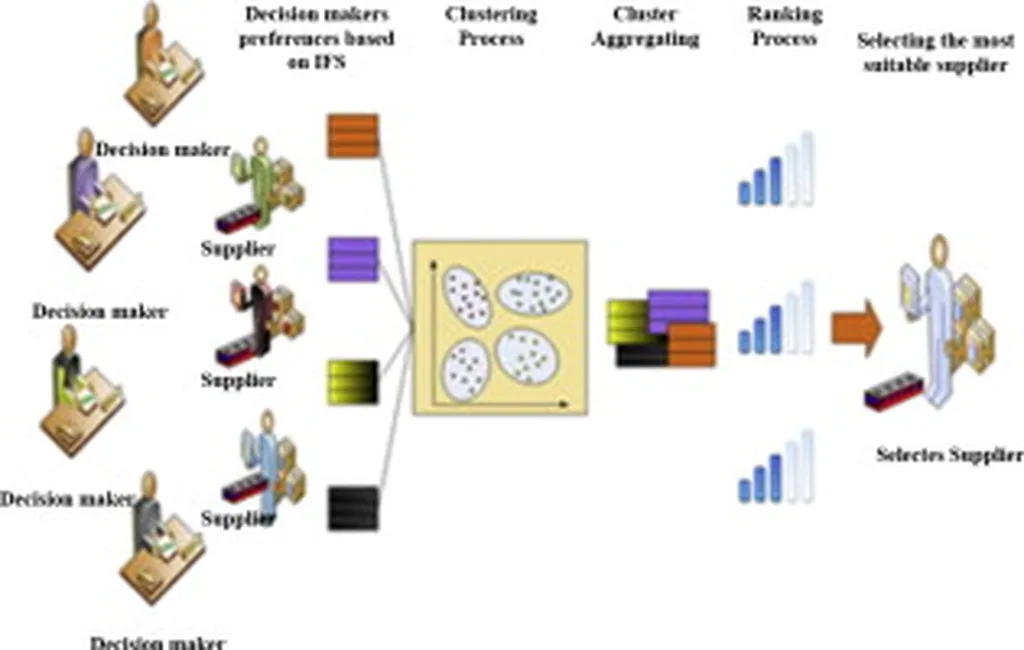In the heart of South Africa’s bustling mining sector, a groundbreaking study led by Joachim O. Gidiagba from the University of Johannesburg’s Department of Mechanical and Industrial Engineering is revolutionizing how small and medium-sized enterprises (SMEs) select sustainable suppliers. Published in the journal *Logistics* (which translates to *Logistics* in English), this research introduces a novel approach to evaluating maintenance management systems, promising to enhance operational efficiency and sustainability in the mining industry.
The study addresses a critical challenge: choosing the right suppliers for systems, personnel, equipment, and services in an industry where operational efficiency is paramount. “The complexity of mining operations demands a robust decision-making process that considers economic, environmental, and social sustainability factors,” Gidiagba explains. To tackle this, Gidiagba and his team developed and compared two multi-criteria decision-making approaches: a ranking method and a fuzzy logic-based model. These methods were used to evaluate four maintenance management systems—UPKEEP, SAP, FIIX, and LIMBLE—against fifteen sustainability-related criteria.
The ranking method provided a clear, quantitative order of preference, while the fuzzy logic model addressed the inherent uncertainty and subjectivity in expert judgments. Both approaches identified UPKEEP as the top choice, followed by SAP, FIIX, and LIMBLE. “The fuzzy model’s ability to handle uncertainty makes it particularly valuable in the mining sector, where conditions can be highly variable,” Gidiagba notes.
The implications for the energy sector are significant. As mining SMEs strive to improve operational efficiency and sustainability, the ability to make informed supplier selections can lead to substantial cost savings, reduced environmental impact, and enhanced social responsibility. “This approach offers practical guidance for aligning maintenance system choices with broader sustainability goals,” Gidiagba says.
The study’s findings suggest that combining fuzzy logic with sustainability-focused evaluation can improve the flexibility and reliability of supplier selection in asset management. This could pave the way for more resilient and sustainable mining operations, benefiting not only the mining sector but also the broader energy industry.
As the mining sector continues to evolve, the integration of advanced decision-making tools like those proposed by Gidiagba and his team could become a cornerstone of sustainable asset management. This research not only provides immediate practical benefits but also sets the stage for future developments in the field, offering a blueprint for other industries to follow.

